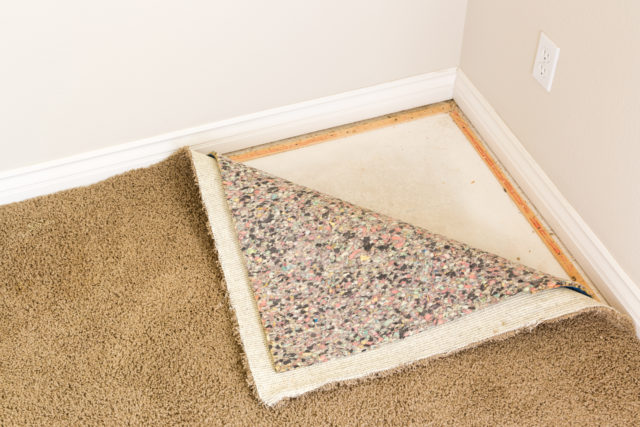Carpet Testing
The process of making carpet has become highly mechanized and automated in recent time. With this progression, the standards for carpet testing safety have also evolved to include a range of tests to determine the quality and durability of the carpet. ASTM has several specifications defined to identify a carpets’ ability to maintain its color, weight, strength, stability, and integrity. The Consumer Product Safety Improvement Act 2008 (CPSIA) has provisions specifically intended to protect children 12 years of age or younger and carpets are subject to additional requirements according to CPSIA, including coating requirements, phthalate, and lead content limits.With safety in mind, rugs are routinely tested in commercial and residential environments to ensure that its users stay protected. Dallas Labs is experienced in the testing specifications and protocols. for
Children’s carpets like other products designed and intended primarily intended for children twelve years of age and under must be tested by an accredited third party for compliance with applicable children’s product safety guidelines. Based on that testing, a manufacturer of carpets must provide a Children’s Product Certificate (CPC) indicating that the product complies with those rules.

| Backing Determination | |
| Colorfastness | AATCC 16E |
| Composition | ASTM D276, AATCC TM 20A, FC-85 |
| Consulting | Various |
| Delamination | ASTM D3936 |
| Density (calculation only) | ASTM D418 |
| Depositions | Various |
| Dry Breaking Strength | FTM 191 – Method 5100 |
| Dry Crocking | AATCC TM8 |
| Failure Analysis | Various |
| Pile Height | ASTM D418 |
| Pile Weight | ASTM D418 |
| Pill Test | ASTM D2859, or FS DDD-C-0095 |
| Pitch (Guage) | |
| Shrinkage | FS DDD-C-0095 |
| Stability/Stretchability | |
| Stitches (Wires) | |
| Total Weight | |
| Trial/Arbitration | Various |
| Tuft Bind | ASTM D1335 |
| Wet Crocking | AATCC 8 |
